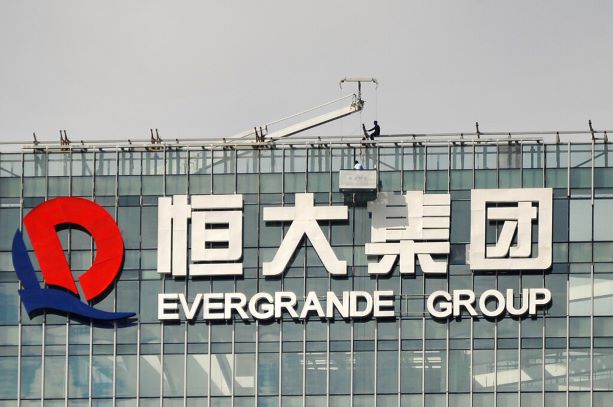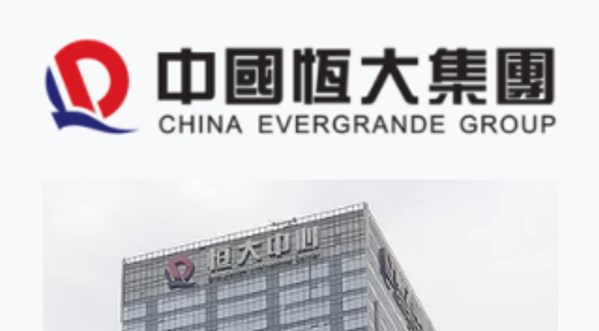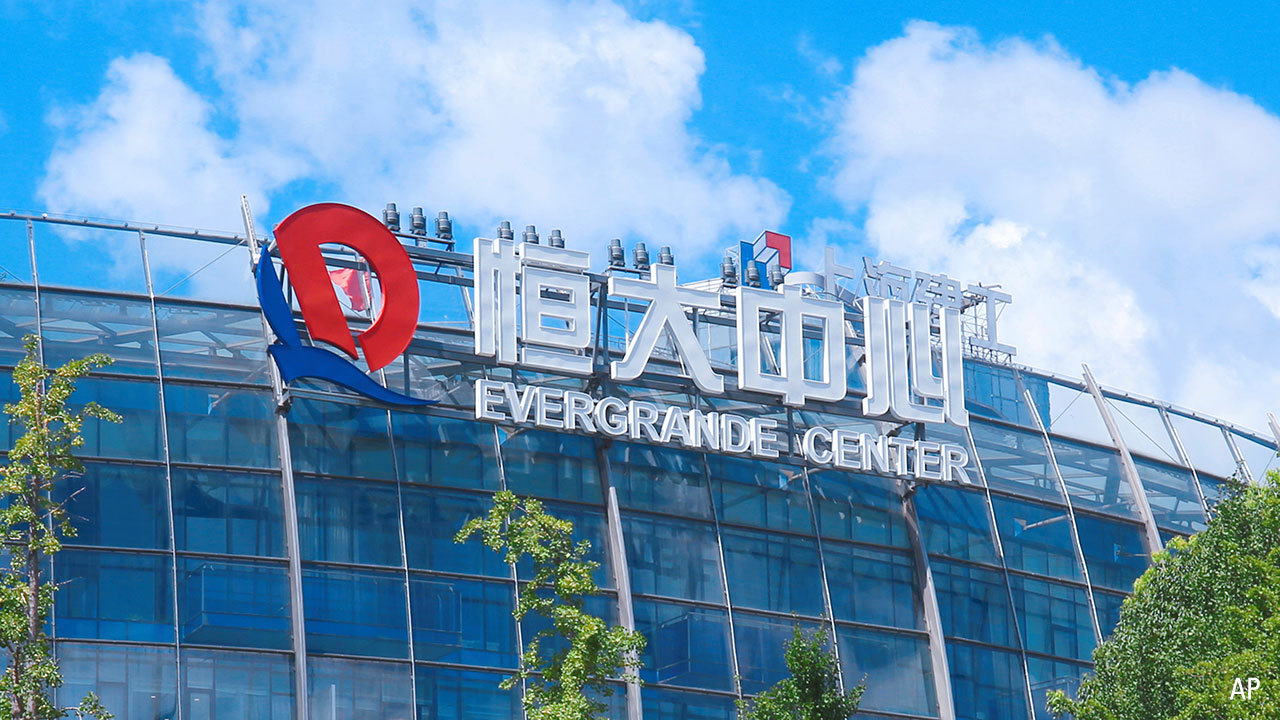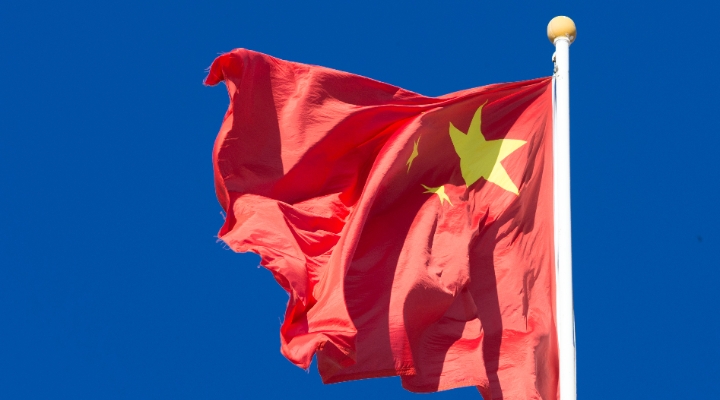Kate Lin: Welcome to Morningstar. Last week global markets fell on fears of contagion after China Evergrande Group's liquidity crisis came to light. Since then, the indebted developer has taken steps to try to control its debt, even as other developers come under scrutiny. What does all this mean for Chinese real estate equity, and its debt level? With me today is Cheng Wee Tan. He's a senior equity analyst at Morningstar. He's going to make sense of it for us. Welcome, Cheng Wee.
Cheng Wee Tan: Hello.
Lin: You have been looking at the Chinese real estate sector and the debt level they carry. The market is expecting an orderly debt restructuring led by the state. Do you want to tell us more about it?
Tan: Yeah, sure. I guess, for the China property sector, they have been under heavy policy headwinds for quite a while. And recently, given the concerns on the major developer named Evergrande. I guess the whole market is worried whether there would be a contagion risk to the rest of the market as well. So, I guess firstly, from our viewpoint, this has been developing for a while. So we think that the credit event that's impending is not a matter of whether it would happen, but could be likely more of a matter of when. However, in our view, we do not expect a Lehman movement, because from where I see Evergrande is more of a case of an overleveraged company with assets.
So in our view, we think the most probable scenario will be that of an organized restructuring process, in which we have already seen signs of authorities intervening in terms of loan extensions, and also repayments. And we think that from the government's perspective, social stability will be the key focus from the government’s point of view. And we think that will translate to fulfilling the completion of projects and to deliver to the millions of homebuyers, followed by the suppliers and the staff of the company as well. And we have already seen that in the track record of organized restructuring in previous cases of companies in trouble. So, in terms of contagion wise, we think the potential risk should be likely to be contained well, and China's central bank will also likely channel liquidity towards target sectors to ensure that any potential spillover of the Evergrande default will be contained. But having said that, we think until the credit episode is over, the sentiment on the sector will still be pretty unstable until the restructuring is resolved.
Lin: Right. It seems that the Chinese government has been continuing its very strict control on borrowing levels among developers. So how challenging is it for these firms to get financing nowadays?
Tan: I think, yeah, under the tight liquidity environment, especially headlined by the Three Red Lines, there are already a lot of small developers that are facing short-term liquidity stress highlighted by low cash to short-term debt coverage. And recently we think this strain is so further strained by slower mortgage releases, which is posing a challenge to cash collection. And if they are also coupled with credit downgrades and cut-off in terms of funding access from the capital markets. And if the contracted sales do fall due to buyers’ loss of confidence, unlike the case of Evergrande, then it will be very challenging for this type of property player.
Lin: So, on a positive note, what are some of your top picks? And how are their debt profiles less risky than the others?
Tan: Yeah, we think under the current policy environment, and also tight financing within the sector, our preference would be towards state-owned enterprise (SOE) names with strong balance sheets, and that include the likes of China Overseas Land & Investment Ltd, COLI (00688) and also China Resources Land (01109) in which these names have low leverage compared to peers. And their financial headroom allows them actually to still pursue growth in a consolidating environment by taking opportunities from the smaller players that are currently in the process of deleveraging and consolidating. And moreover, these two companies are also growing their recurring income from their investment properties. We should also be expected to partly offset the cyclicality of their core development business and will also be supported for dividend growth.
Lin: So lastly, as you mentioned, the sentiment is still quite dented. What do you see as catalysts that could support investor confidence?
Tan: Yeah, I guess like I mentioned earlier, the segment is still likely to be weak until the credit episode is over. But once that is over possibly there could be some reprieve in terms of market sentiment. And also, if the physical market does face a slowdown moving forward, then potentially we could also see some easing policies from the government to support the market. But having said that, all in all, we also like to highlight that the government's underlying policy focus of reducing the high leverage in the system, and also curbing speculation will still not shift.
Lin: Cheng Wee thank you so much for your time. For Morningstar, I'm Kate Lin.












.png)




.jpg)





